
Among the Chinese car manufacturers that are planning to enter the Vietnamese market, BYD is a name that has attracted considerable attention. The brand has had good sales in many regions, but with the unique characteristics of the Vietnamese market, there are still issues that need to be addressed to avoid repeating past scenarios.
In the past, many Chinese car manufacturers "made a big fuss" when they started entering the Vietnamese market. Soon after, they had to quietly withdraw when consumers did not accept their products, leading to poor sales. Customers who bought the cars struggled to find spare parts, and had to accept depreciation when reselling the vehicles.
These issues continue to be a challenge for BYD, especially as the company plans to approach the Vietnamese market again with electric vehicles.
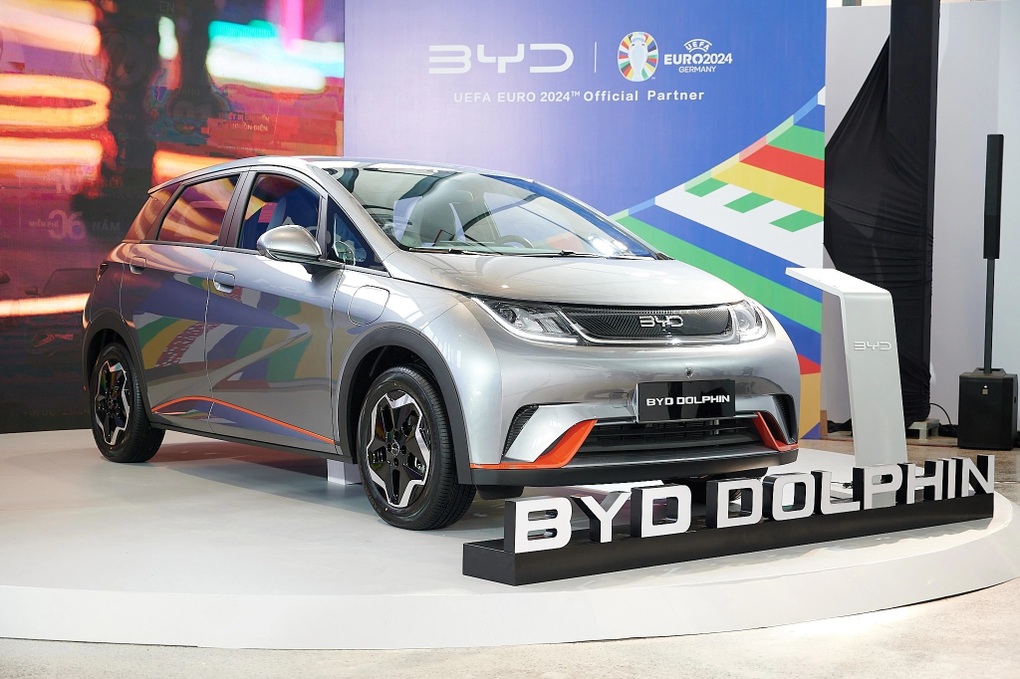
On July 18, BYD will announce the prices of the first 3 models: Atto 3, Seal, and Dolphin (Photo: BYD).
Pricing Issue
Due to the unfavorable experiences in the past, Vietnamese customers are still hesitant about Chinese origin vehicles, concerned about the quality. A small customer base does not mean slow liquidity or easy depreciation when reselling.
These factors make Chinese car models entering the Vietnamese market often choose to compete based on lower prices. However, this will be a challenging task for BYD, as electric vehicles are usually more expensive than internal combustion engine vehicles, due to the high cost of batteries.
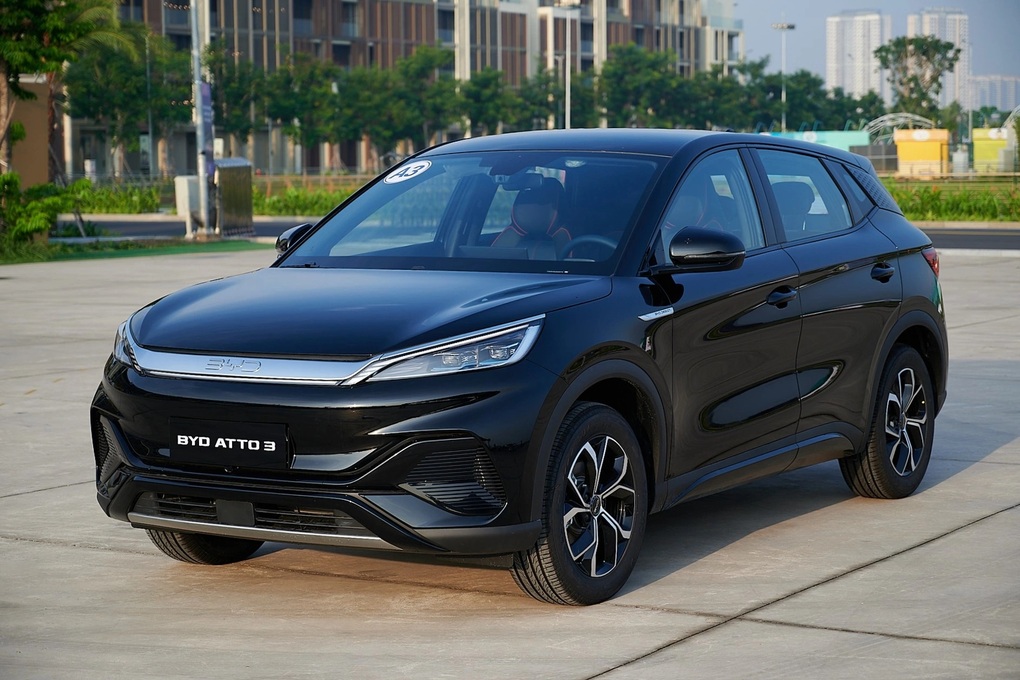
BYD Atto 3 belongs to the B+ crossover segment, competing with VinFast VF 6 (Photo: BYD).
Dealers have revealed the expected prices of the first 3 models that BYD will bring to Vietnam. Among them, Atto 3 is expected to be priced at around 750-850 million VND, Seal with an estimated price of 1.1-1.3 billion VND, and Dolphin may be more accessible, priced around 650 million VND.
If these prices are accurate, the response from Vietnamese customers is not very positive, as these expected prices are higher than anticipated. The expected price of BYD Seal, in the same size class as D-segment sedans, is even more expensive than the Mazda6 (769-809 million VND) and Kia K5 (859-999 million VND), priced similar to the Toyota Camry (1,105-1,495 billion VND).
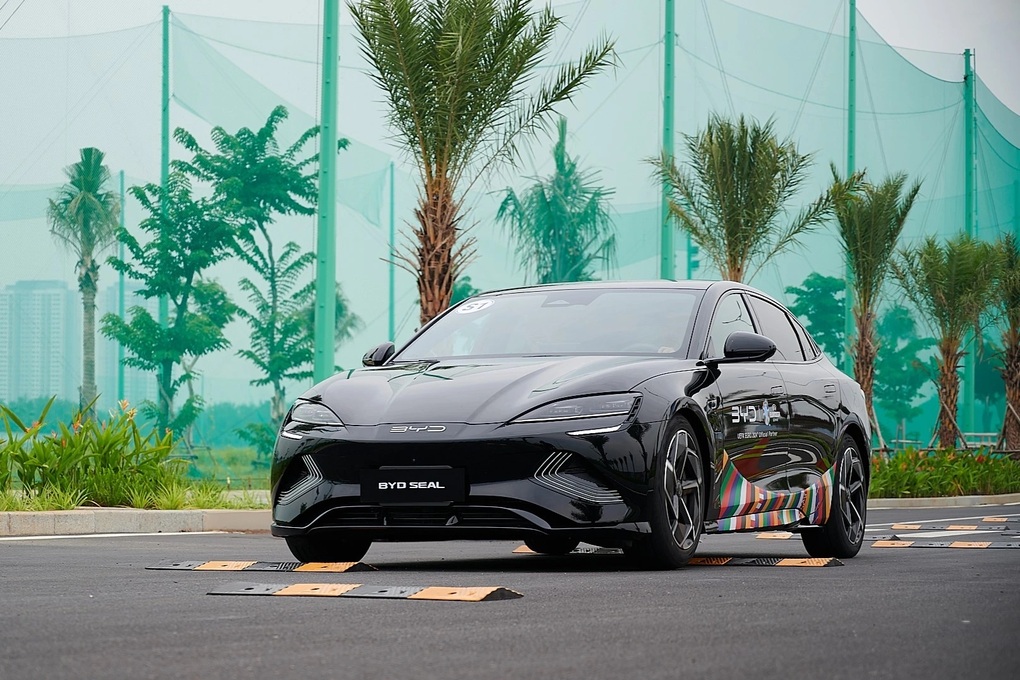
BYD Seal can be considered a rare choice of pure electric sedan in Vietnam (Photo: BYD).
The expected price of Atto 3 is comparable to its competitor, the VinFast VF 6 (765-855 million VND, with battery), but VinFast has the advantage of an exclusive charging station network, almost covering the entire country. Moreover, VinFast currently offers a free battery charging program for 1-2 years, starting from July 1.
As for the BYD Dolphin, this model is positioned in the B-segment hatchback category, without direct competitors, but the expected price is higher than similar-sized gasoline models such as the Suzuki Swift (559.9 million VND) or Mazda2 Sport (527-544 million VND). In addition, Vietnamese customers currently do not show much interest in this segment.
The Everlasting Issue: Charging Infrastructure
Which comes first, the charging infrastructure or the buyers? This question is similar to the "chicken and egg" dilemma, but not all car manufacturers are willing to invest in charging infrastructure before sales.
Currently, third-party companies have built charging station systems, such as EV One, EverCharge, or Eboost... Among them, EV One can be seen as BYD's main partner in providing public electric charging solutions for Vietnamese customers using this brand.
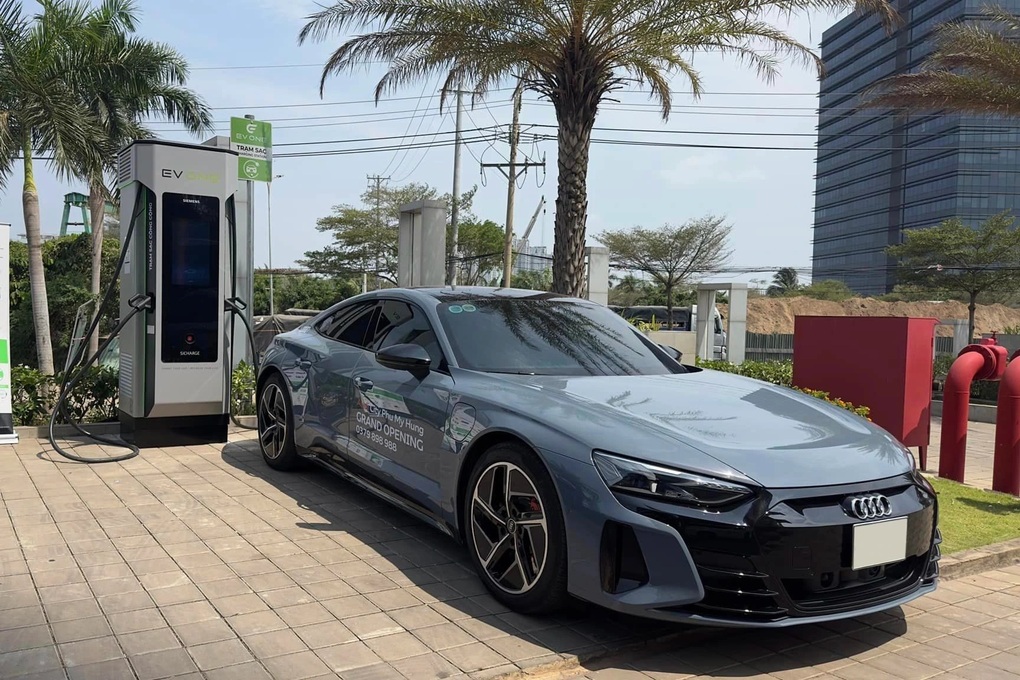
An EV One charging station in Ho Chi Minh City with only 2 charging ports (Photo: Nhã Minh).
However, these companies still have certain limitations.
Firstly, the coverage is not extensive yet, as EV One currently has 37 operating charging stations nationwide (based on the mobile app), but each station has only 1-2 charging ports, and most have power capacities of only around 11-22kW. Fast charging at 180kW is only available at 3 stations in Hanoi, Da Nang, and Ho Chi Minh City.
Secondly, the charging costs of these companies are not competitive. Taking EV One as an example, an 11-22kW charging station requires users to pay 7,900 VND/kWh, while a 180kW fast charging station costs up to 9,900 VND/kWh. In contrast, VinFast's charging cost is 3,858 VND/kWh, and the company is even offering free charging for 1-2 years for vehicle owners.
With public charging stations limited and charging costs not cheap, BYD's products, as well as other electric car models in the market, will suit customers who have parking space at home for charging. This will create limitations for users in apartments or houses with narrow alleys.
The limited availability of public charging stations also makes it difficult for electric cars to travel long distances. Even though a single charge of a BYD electric car can go up to 400km, there will still be inconveniences, forcing owners to plan their routes and travel options when needed for long trips, otherwise there is a risk of running out of charge in the middle of the road.
Continuous Price Cuts in Thailand, Is It an Isolated Case or Likely to Spread to Vietnam?
With the charging infrastructure issues unresolved and the possibility of high pricing, BYD electric vehicles will find it challenging to convince Vietnamese customers to make a purchase. To stimulate demand and compete for market share in the early stages, the main strategy is likely to be price reductions.
This strategy has been applied by many Chinese car manufacturers in Vietnam. Wuling Mini offers discounts of 40-50 million VND, while Haval H6 HEV reduced prices by up to 244 million VND shortly after their launch.
For BYD, these concerns are well-founded, especially as the company has recently faced complaints in Thailand due to excessive price cuts. The continuous price reductions over a short period have made consumers feel deceived, thinking they had secured the bottom price yesterday but now have to pay more.
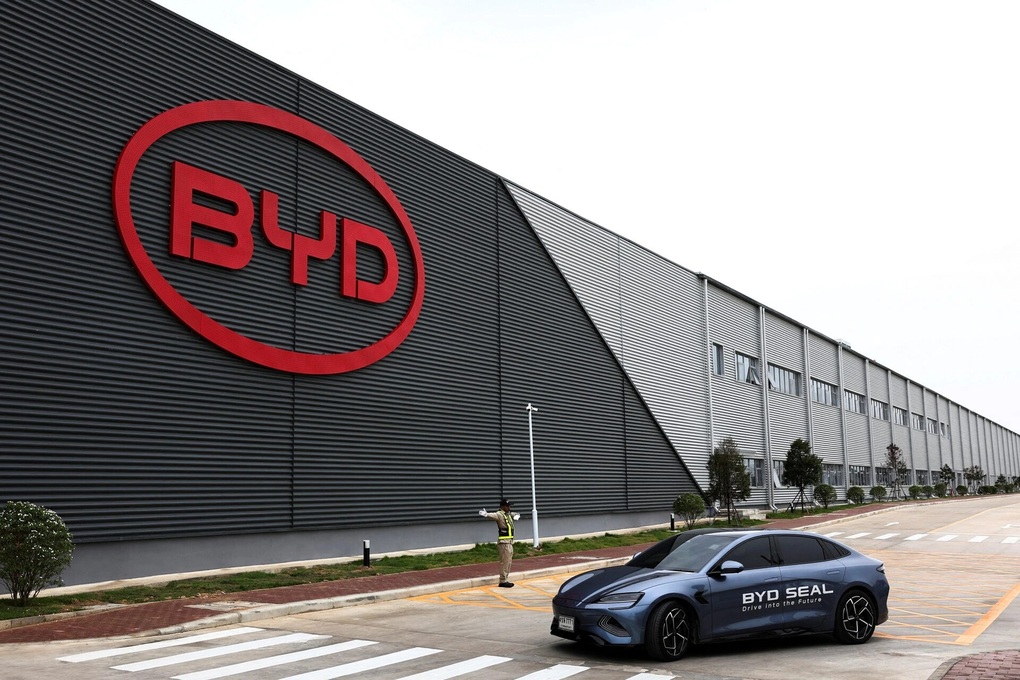
The consumer protection agency in Thailand received about 70 complaints regarding the price cuts of BYD vehicles at dealerships, prompting the national government to investigate (Photo: Reuters).
This trend of complaints stems from sales advisors urging customers to buy cars to enjoy promotions, claiming that prices will increase after the promotions end. However, dealers continue to offer deeper discounts after the promotions.
On Facebook, a car owner in Thailand shared that he bought a BYD Atto 3 for 1.19 million baht (equivalent to around 832 million VND), but now the dealership is selling the same model for only 859,000 baht (about 600 million VND).
As of early July, on the Rever Automotive website, the exclusive distributor of BYD vehicles in Thailand showed that many models were discounted by up to 340,000 baht (nearly 240 million VND) on the occasion of the opening of the first factory in Southeast Asia.
Experts believe that the continuous price reductions in Thailand will lead to lower resale prices of BYD vehicles in that market. This will disadvantage customers in the Land of Smiles and is also a concern for Vietnamese customers as the brand prepares to launch in Vietnam.
Although more accessible, cars are still a significant asset for most families. Therefore, Vietnamese customers tend to be interested in products with good value retention and high liquidity.
Hãy là người đầu tiên bình luận!
Bình luận: